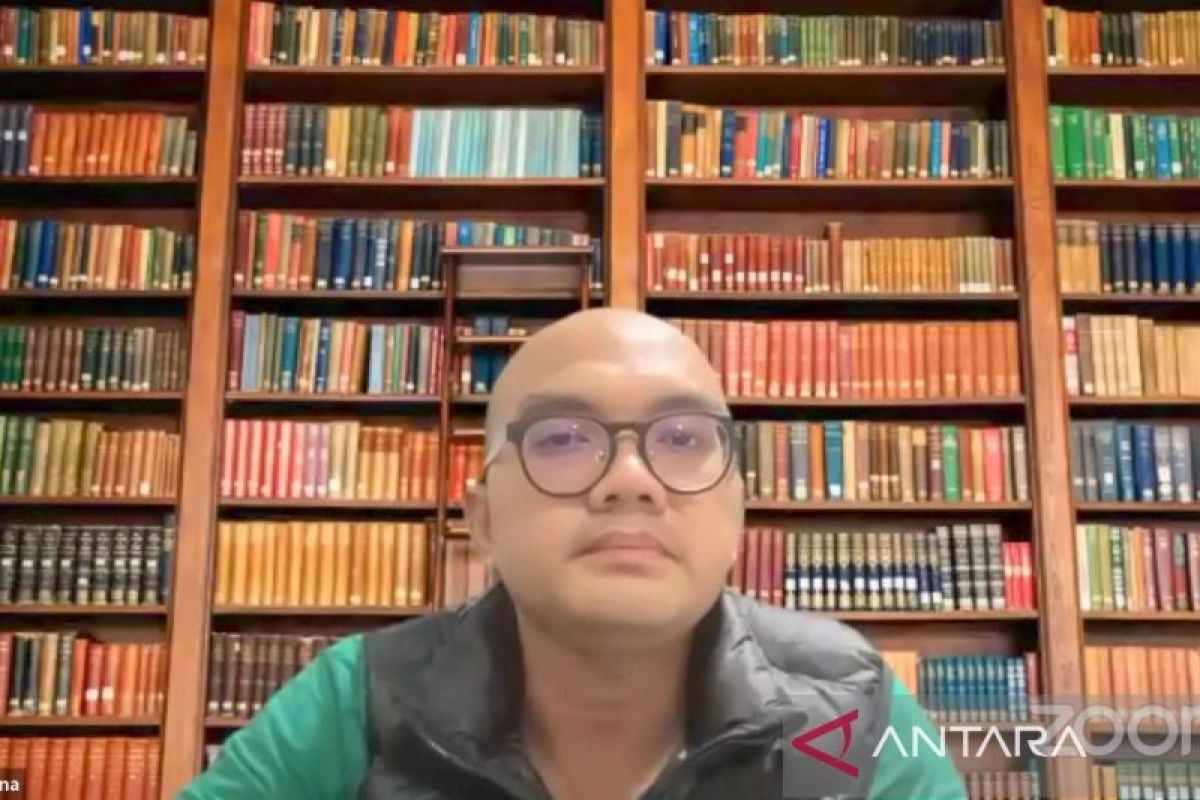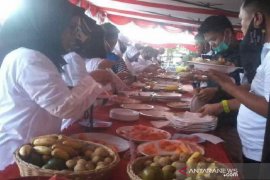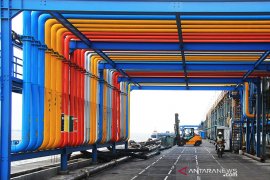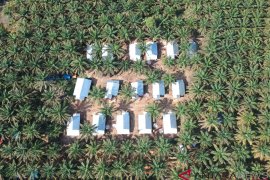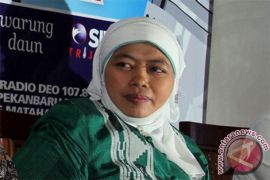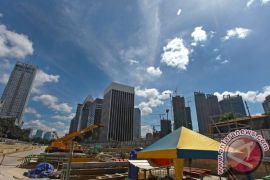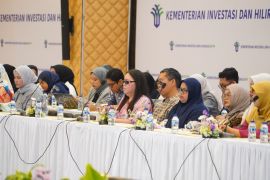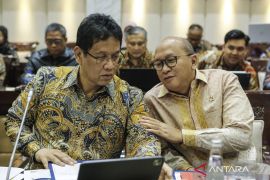In a seminar held online, as monitored here on Sunday, Irhamna assessed that the current downstreaming efforts to industrialize the manufacturing and agriculture sectors are still focused on natural resources rather than technology development.
"For instance, the government often mentions the downstreaming of nickel whose downstreamed products are batteries. Actually, batteries have a high added value not only because of nickel,” he remarked.
According to Irhamna, the added value is created as nickel is further processed using technology and with other minerals to produce electricity and store energy that is then used for electric vehicles.
“I think that currently, the government is still focusing on the natural resources. I hope that in the future, Prabowo and Gibran can focus on strengthening technology," he affirmed.
Related news: Researchers must push high-tech adoption in downstreaming: ministry
He remarked that the requirement to become a developed country is not only about having technology but also mastering it.
Meanwhile, he also drew attention to an inconsistency in the government's downstreaming policy since the six ministries handling downstreaming are allocated fewer budgets in the 2025 Draft State Budget (RAPBN) as compared to the government's spending outlook in 2024.
The six ministries are the Agriculture Ministry, the Ministry of Marine Affairs and Fisheries, the Environment and Forestry Ministry, the Energy and Mineral Resources Ministry, the Industry Ministry, and the Investment Ministry.
He pointed to the same occurrence in infrastructure development for which there was a marked decline in the budget for the Ministry of Public Works and Public Housing (PUPR) and the Ministry of Transportation.
Related news: Innovation Expo to spur research, innovation products' downstreaming
Translator: Uyu, Kenzu
Editor: Yuni Arisandy Sinaga
Copyright © ANTARA 2024
